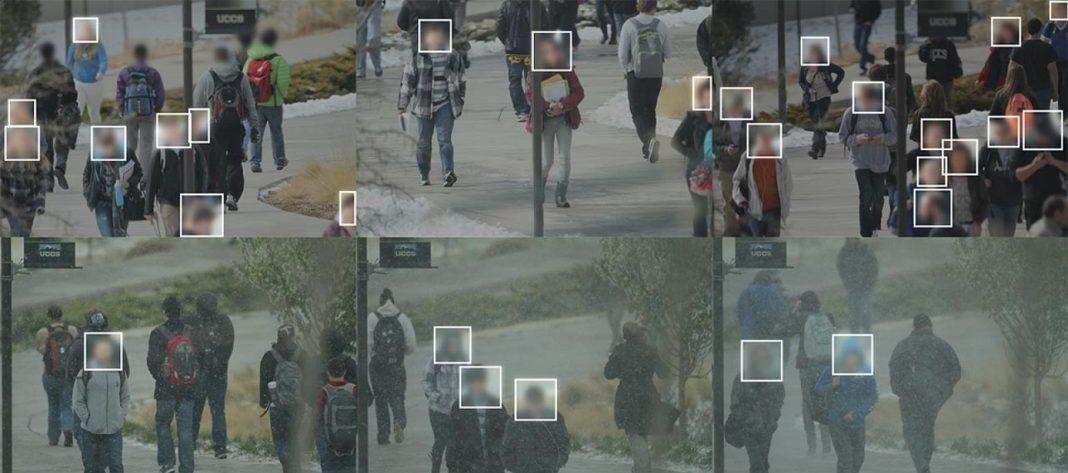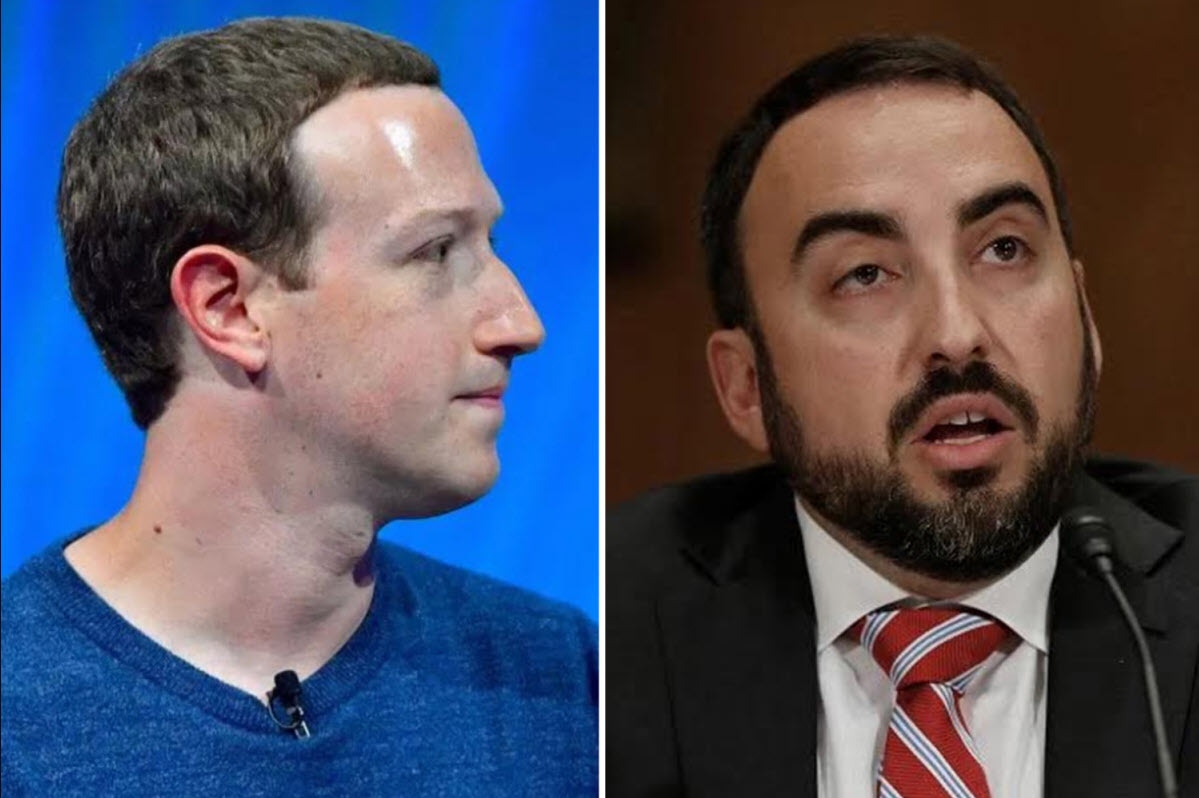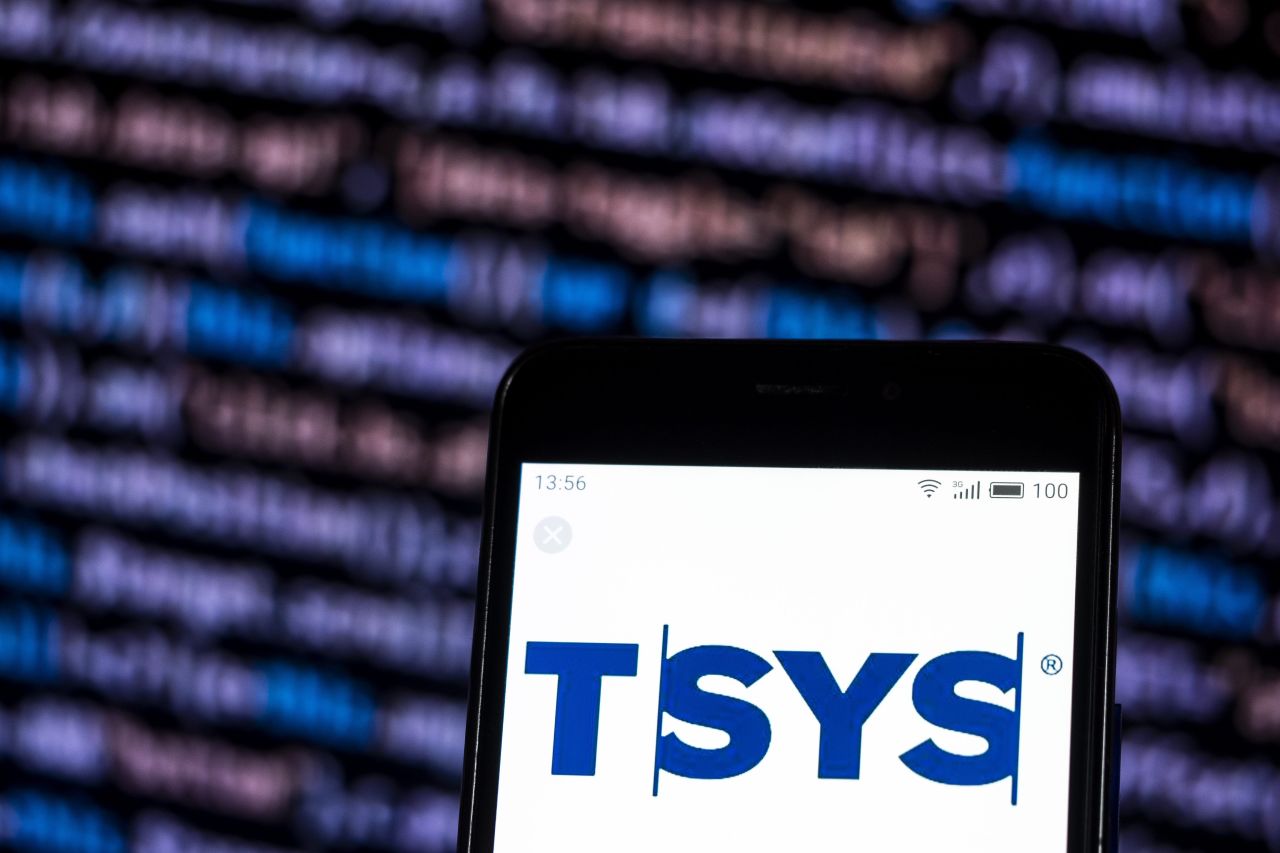
Walmart lost one chief technology officer to Pinterest, they’ve more than made up for that by hiring former Amazon, Microsoft and Google techie Suresh Kumar in their fight to beat Jeff Bezos company. Every step that Amazon takes, Walmart is right behind not willing to be left behind.
Facebook CEO Mark Zuckerberg is coming under more fire from Alex Stamos who feels it’s time for him to step down and let the adults run the show. Students at the University of Colorado were shocked to learn in a news report that they had been used in a facial recognition study without their knowledge. This only expands the ethical arguments about this technology which keeps coming under fire.
Welcome Suresh Kumar, Watch Those Falling Prices
Walmart has hired a tech veteran whose resume includes stints at Amazon, Microsoft and Google for a newly elevated position of chief technology officer and chief development officer.
Suresh Kumar, who was most recently at Google as its vice president and general manager of display, video, app ads and analytics, will report directly to Walmart’s CEO Doug McMillon.
The moves come as Walmart is trying to compete better with Amazon and other technology companies.
Walmart Inc.’s former chief technology officer Jeremy King left the company in March to join Pinterest. The retailer emphasized that Kumar is not a replacement for King but rather assumes a much larger global role and will set the company’s technical strategy. King had reported to Walmart’s U.S e-commerce chief Marc Lore.
Time To Step Down Zuckerberg
Facebook’s former security chief is disagreeing with calls to break up the social network.
Instead, Alex Stamos believes the way to fix problems is for Mark Zuckerberg to step aside as CEO.
Facebook co-founder Chris Hughes and other critics contend that government regulators should require Facebook to spin off popular services such as Instagram and WhatsApp.
But Stamos believes that just creates “three companies that have the same fundamental problems.”
Facebook has been grappling with such problems as privacy, fake news and hate speech.
Zuckerberg remains the company’s controlling shareholder, making it unlikely he will be replaced without his consent.
Stamos left Facebook last year as the company dealt with fallout from bogus information spread on its social network. He spoke this week at a technology conference in Toronto.
Global Payments Acquires Total System Services
Global Payments will buy Total System Services in an all-stock deal valued at $21.5 billion, the third major acquisition in the payment technology sector this year.
Traditional payment processors like Global Payments are consolidating as they compete increasingly with upstarts like PayPal and Square, which is led by Twitter co-founder Jack Dorsey.
In March, Fidelity National Information Services said it would buy Worldpay for about $35 billion. In January, Fiserv bought First Data in a $22 billion all-stock deal.
The payment service industry works behind the scenes to help complete the process for purchases. It was a simpler exercise when those transactions took place in person with a swipe of a card. But transactions have largely moved online and grown in complexity, forcing those background players to deal with multiple currencies, various forms of payment and more at lightning speed. The industry also faces a growing base of startup competitors.
Under the agreement announced Tuesday, Total System shareholders will receive 0.8101 Global Payments shares for each share of TSYS common stock, about a 20% premium to TSYS’s common share price at the close of business on May 23, 2019.
Upon expected closing in the final quarter of 2019, Global Payments shareholders will own 52% of the combined company, and TSYS shareholders will own 48%.
The company, which will keep the Global Payments name, says it will provide payment and software technology to about 3.5 million small-to-mid-sized business and more than 1,300 financial institutions in 100 countries. Global Payments said the combined entity would process more than 50 billion transactions annually.
TSYS had revenue of $4 billion in 2018, while processing more than 32.3 billion financial transactions. Global payments also had revenue of about $4 billion last year.
The board of directors will be made up of six directors from each company and Global Payments CEO Jeff Sloan will be the chief executive of the combined company. TSYS CEO Troy Woods will become chairman of the board.
Global Payments is based in Atlanta and TSYS is based in Columbus, Georgia. The company will maintain dual headquarters.
Shares in Total System Services Inc. rose about 4% in premarket trading and shares of Global Payments Inc. fell by about the same.
Facial Recognition Intrusion On U of Colorado Campus
More than 1,700 people walking on a University of Colorado campus were unknowingly photographed as part of a facial recognition research project funded by U.S. intelligence and military agencies, a newspaper reported.
Professor Terrance Boult set up a long-range surveillance camera in an office window at the Colorado Springs campus.
It captured more than 16,000 images of passers-by during the spring semesters of 2012 and 2013, The Denver Post reported Monday.
The research project, which was first reported by the Colorado Springs Independent , received funding from U.S. intelligence and military agencies, including the Office of Naval Research and the Office of the Director of National Intelligence.
Boult’s research examined whether facial recognition algorithms could meet standards for use by the U.S. Navy. The research then aimed to improve the technology after Boult’s team found it wasn’t up to par.
“The study is trying to make facial recognition better, especially at long range or surveillance applications,” Boult said. “We wanted to collect a dataset of people acting naturally in public because that’s the way people are trying to use facial recognition.”
The camera recorded people who were walking on the west lawn of the campus from about 490 feet (150 meters) away. The images resulted in 1,732 unique identities. The dataset was made publicly available online in 2016 and was taken down last April.
Boult said he waited five years to release the dataset online to protect student privacy.
The university’s Institutional Review Board also examined the research protocol for the project, university spokesman Jared Verner said in a statement.
“No personal information was collected or distributed in this specific study,” Verner said. “The photographs were collected in public areas and made available to researchers after five years when most students would have graduated.”
The project raises questions about whether technological advancement is crossing ethical boundaries, said Bernard Chao, a University of Denver law professor, who teaches the intersection of law and technology.
“It’s yet another area where we’re seeing privacy intrusions that disturb us,” Chao said.
San Francisco was the first city to ban facial recognition due to privacy issues.




